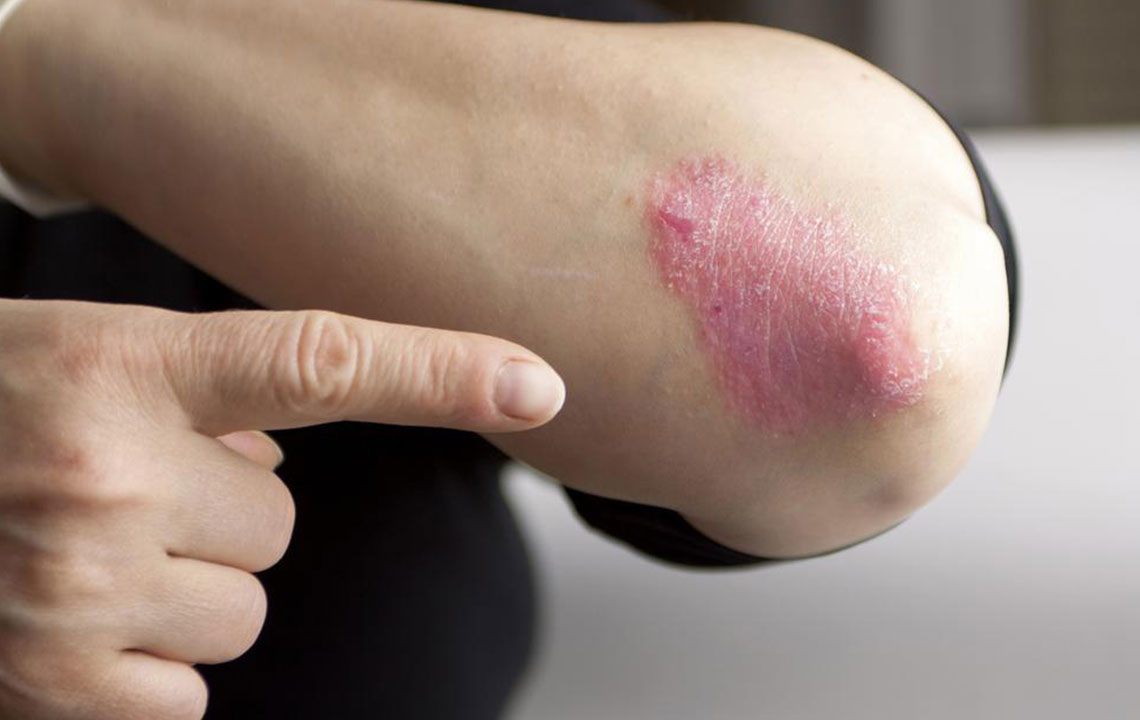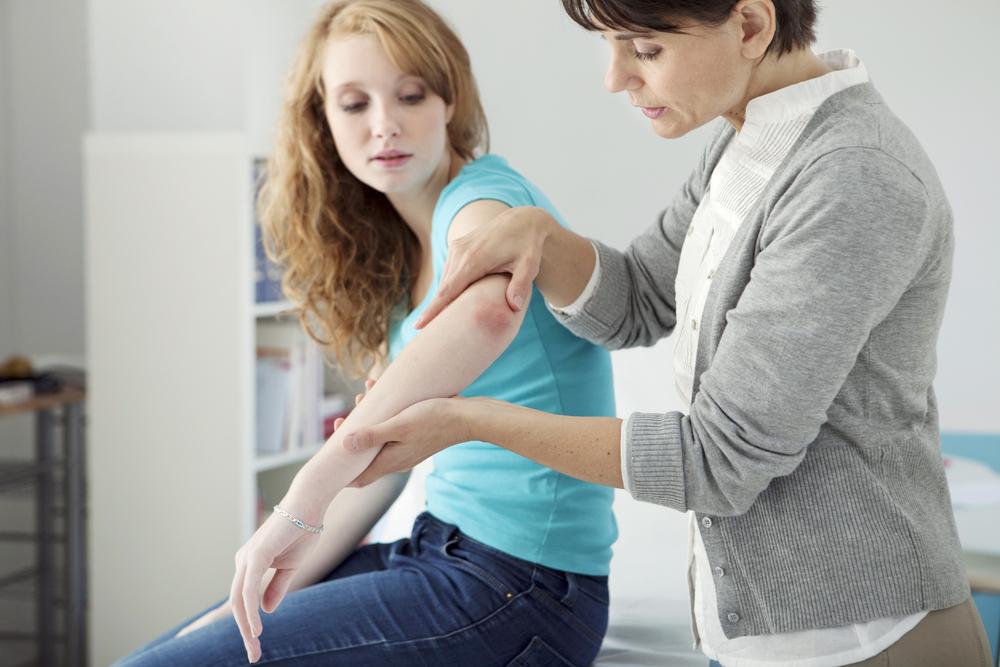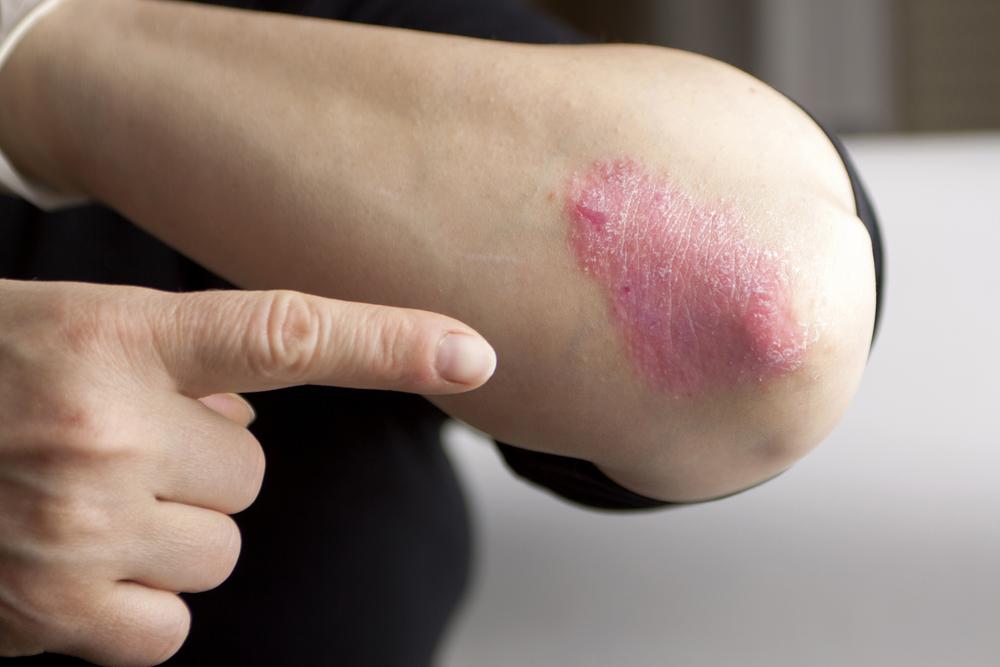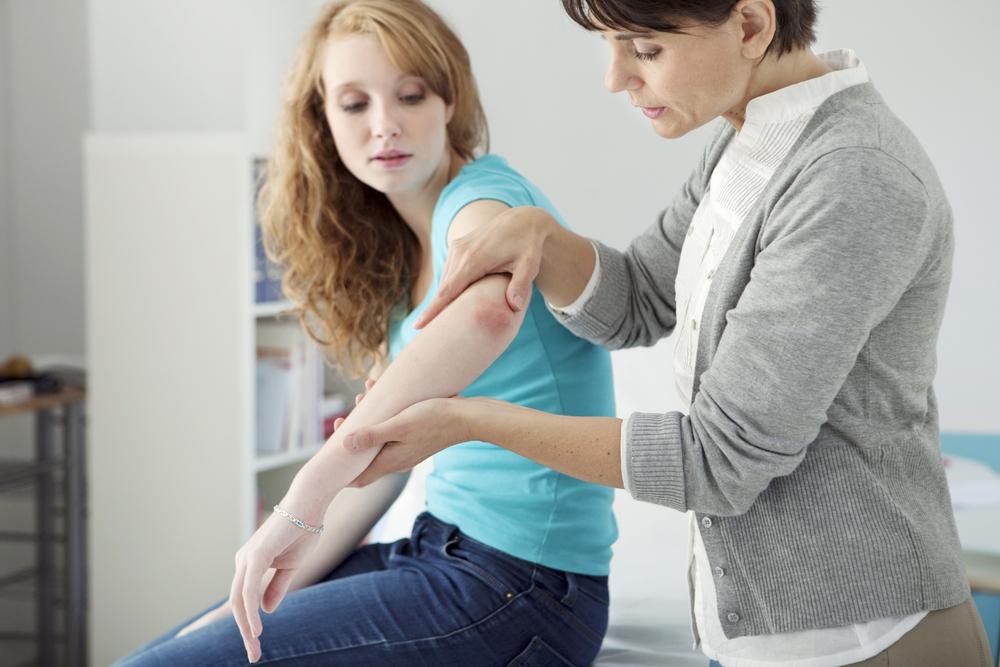Comprehensive Guide to Understanding and Managing Psoriasis
This comprehensive guide covers psoriasis, an autoimmune skin disease, explaining its causes, types, symptoms, and management options. It emphasizes the importance of medical treatment, lifestyle adjustments, and natural remedies. Learn how to identify triggers and implement effective strategies to control symptoms and improve quality of life. Always consult healthcare providers for personalized care plans tailored to your specific needs.

Understanding Psoriasis: Causes, Types, and Treatments
Psoriasis is an autoimmune skin condition characterized by rapid skin cell growth, leading to red, scaly patches that are often inflamed and itchy. Commonly appearing on elbows, knees, or scalp, it can also affect the face, hands, feet, or genital areas. Though incurable, various treatments help control symptoms effectively through medication, lifestyle adjustments, and natural remedies.
Causes and Risk Factors
The exact cause remains unclear, but immune system malfunction and genetic predisposition are key factors. T cells mistakenly attack healthy skin cells, accelerating growth rates. Having a family history of psoriasis increases risk.
Types of Psoriasis
Plaque psoriasis—The most common form, marked by thick, red, scaly patches.
Erythrodermic psoriasis—A severe, life-threatening type with widespread redness and skin failure requiring urgent medical attention.
Guttate psoriasis—Small, drop-shaped spots, often triggered by infections.
Pustular psoriasis—White pustules surrounded by redness, sometimes accompanied by systemic symptoms.
Inverse psoriasis—Shiny, smooth patches in skin folds like underarms or groin.
Psoriatic arthritis—Affects joints along with the skin, often beginning with skin symptoms.
Treatment Strategies
Approaches vary with severity and type. Topical creams and ointments are suitable for mild to moderate cases. Systemic medications, including oral or injectable drugs, are used in more severe cases under medical supervision. Light therapy utilizing ultraviolet light can also help slow down skin cell growth.
Always consult your healthcare provider before starting new treatments to avoid allergic reactions or adverse effects.
Natural Remedies and Lifestyle Tips
Home remedies like Epsom salt baths, aloe vera gel, diluted apple cider vinegar, and turmeric may alleviate symptoms. It’s essential to check for allergies before application. Plus, maintaining a diet rich in anti-inflammatory foods—such as omega-3 fatty acids from fish, leafy greens, berries, and citrus—can support symptom management. Avoiding smoking and alcohol further helps control flare-ups. Consult your doctor before making dietary changes.
Note: This article provides general information. For personalized advice, always seek guidance from a licensed healthcare professional regarding your condition and treatment options.










